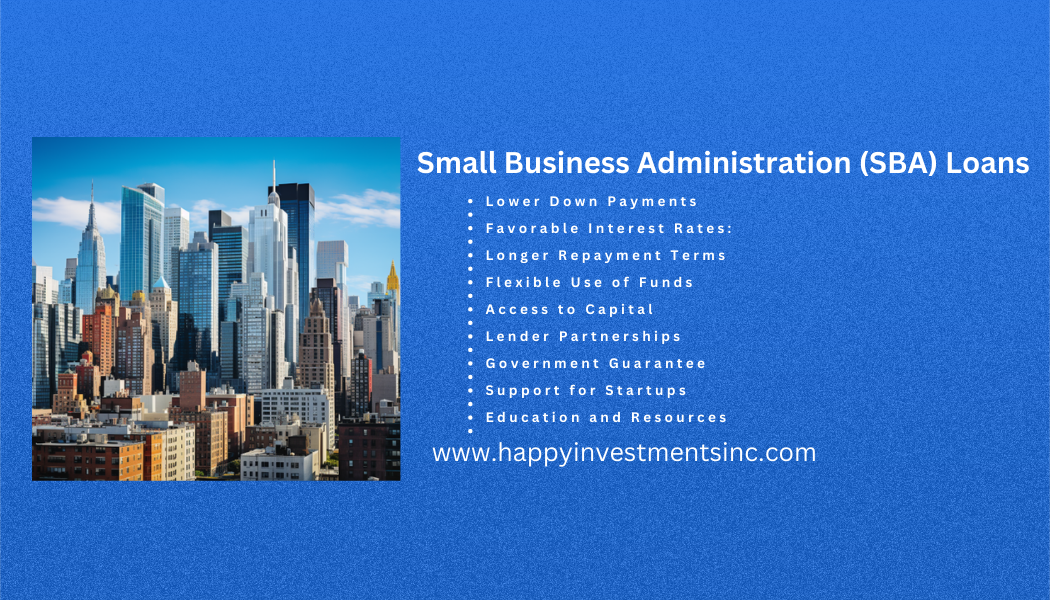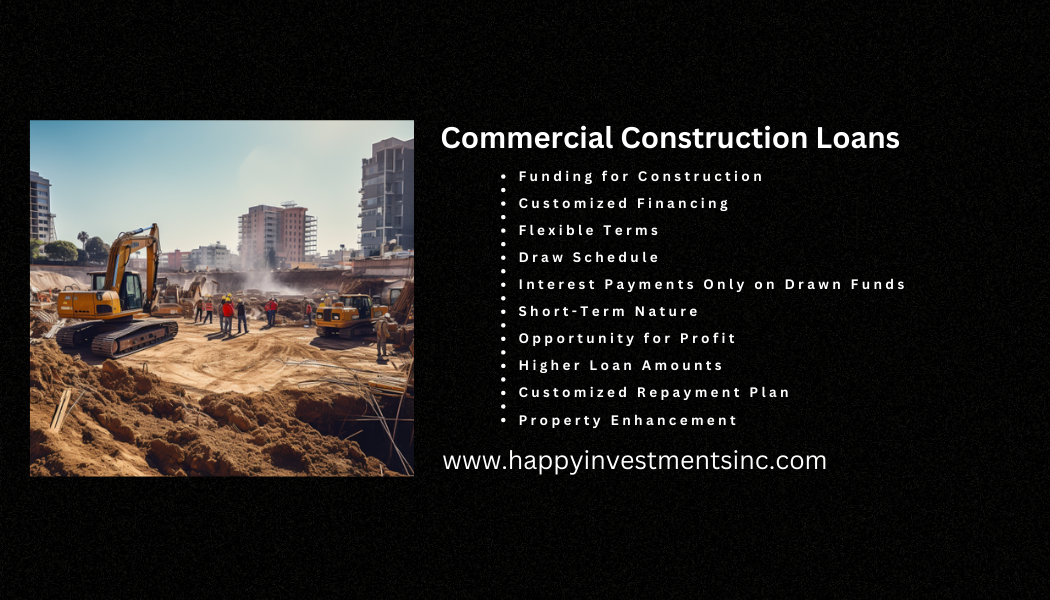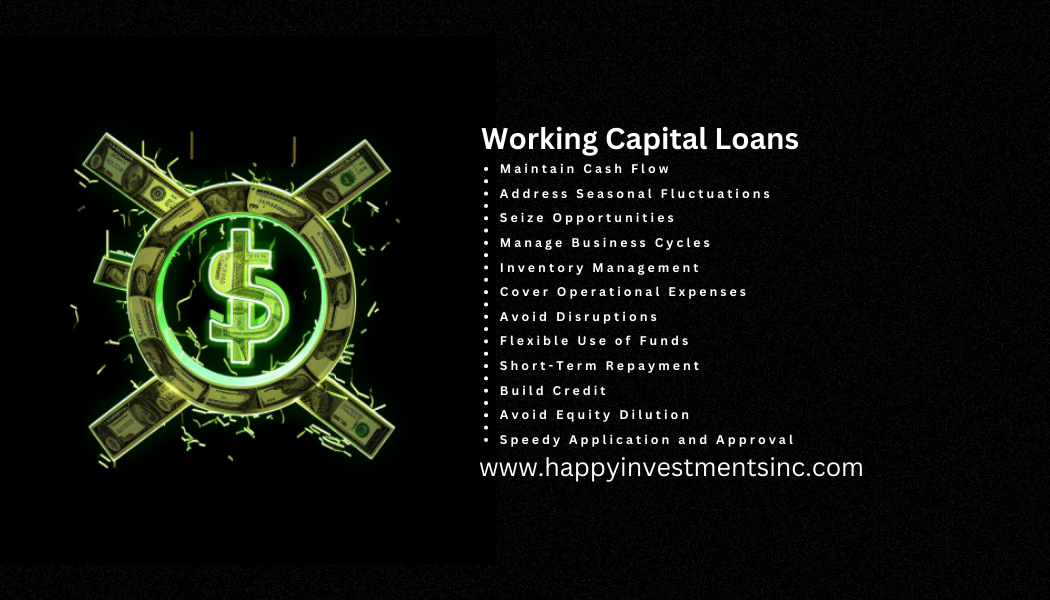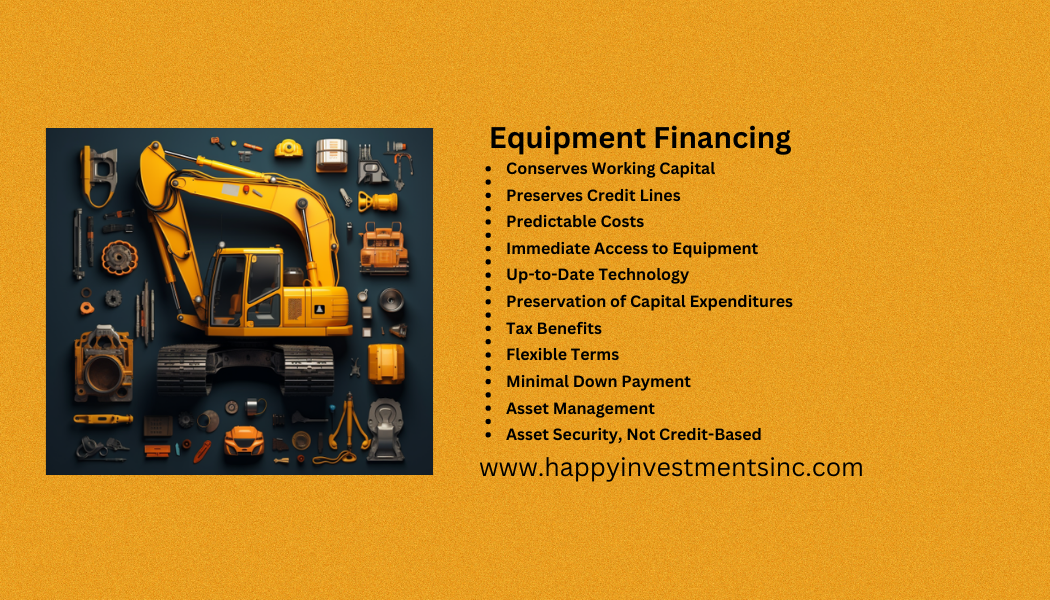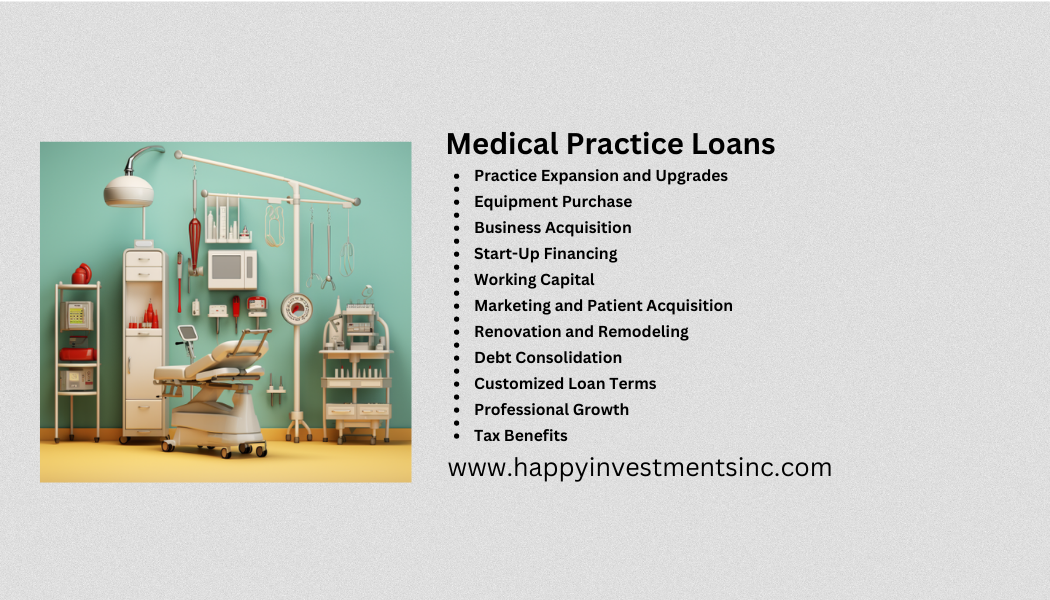
Commercial Real Estate Loans are financial instruments developed to supply funding for different kinds of business property acquisitions, developments, and remodelings. These loans are typically protected by the home itself and are an important resource for businesses and investors aiming to expand or boost their realty holdings. Different kinds of Commercial Real Estate Loans consist of:
- Traditional Commercial Mortgages: These loans work likewise to domestic mortgages, where the customer gets a lump sum upfront and pays back the loan amount in addition to interest over a given duration. They are frequently utilized for acquiring or re-financing properties such as office complexes, retail centers, and warehouses.
- SBA 7( a) Loans: Offered by the Small Business Administration (SBA), these loans supply financing to small businesses for genuine estate acquisitions, construction, or refinancing. They often come with beneficial terms and lower deposit requirements.
- Commercial Construction Loans: These loans are designed to fund the building and construction of new business homes or significant restorations of existing ones. The funds are paid out in stages as the construction progresses.
- Bridge Loans: Bridge loans supply short-term funding to bridge the gap between immediate funding requirements and longer-term financing options. They are commonly utilized for time-sensitive deals or when a property needs renovations prior to it receiving long-term financing.
- Commercial Equity Loans: Also referred to as equity credit lines, these loans allow property owners to tap into their property’s equity to money for different business needs, such as expansion, working capital, or improvements.
- CMBS Loans (Commercial Mortgage-Backed Securities): These loans involve product packaging a pool of industrial real estate loans into securities that are offered to financiers. The earnings produced from the underlying loans serve as collateral for the securities.
- Hard Money Loans: These are short-term, high-interest loans frequently used by investors for quick acquisitions or to take advantage of time-sensitive chances.
- Mezzanine Loans: Mezzanine funding sits in between senior debt and equity in a capital stack. It’s a method to protect extra funds using the home as security, often utilized for development projects.
- HUD/FHA Loans: Provided by the U.S. Department of Housing and Urban Development (HUD), these loans use funding for multifamily properties, healthcare centers, and other kinds of commercial realty tasks.
- Owner-Occupied Commercial Real Estate Loans: These loans are tailored for organizations that mean to inhabit most of the residential or commercial property they acquire. They often come with favorable terms and lower down payment requirements.
Each kind of Commercial Real Estate Loan serves various functions and includes differing terms, rates of interest, and eligibility requirements, enabling services and financiers to select the financing alternative that best aligns with their requirements and objectives.









